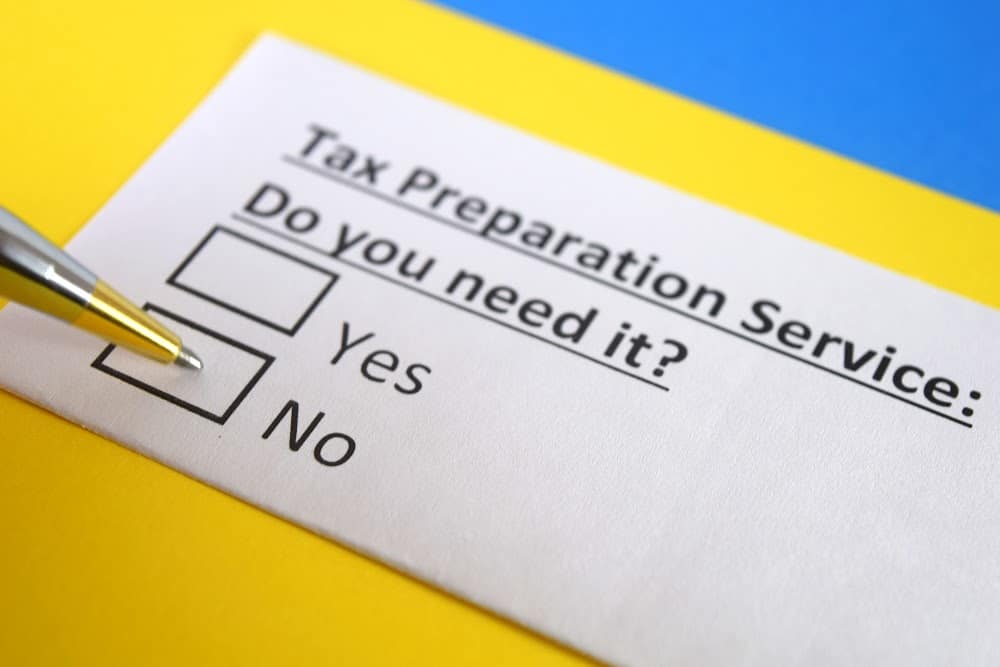Whatever the type of loan you’re looking for, you need to follow a few basic rules to avoid making a mistake that could literally cost you. You need to know exactly what you’re getting into before contracting a loan that could have your hands tied up for many years and ruin your credit. Here are four rules everyone should follow when getting a personal loan. We’ll also share a few of the issues that can cause trouble for borrowers, so you can avoid the same fate.
Know What You Need Before You Get Started
Draw up a list of loan requirements before you start shopping for a loan. Know how much you need and when you need it. This allows you to immediately rule out a lender that takes up to ten days to process the loan when you need the money tomorrow. You also don’t want to take out a loan to cover an immediate expense but end up short on cash when the next bill arrives. In general, consider borrowing a little more than what you think you’ll need, but not by much. Then you can cover extra line items on the car repair bill.
It’s also good to know your credit rating before you apply for a loan of any type. You can request free credit reports once a year or you can check out your FICO Scores
Shop Around Before You Sign Up
Look at all your options before you sign up for a personal loan. At a minimum, compare the interest and fees offered by competing lenders. Also, consider other types of loan products.
You may save money over the long term by working with a creditor that lends money to those with bad credit. You may get a better rate if you choose short term loans based on income. Compare loan terms to what you can comfortably afford; installment loans paid over one to 12 months may come with slightly higher interest paid over the loan duration, but the cost is much less than if you have to roll over a loan you can’t afford to pay off when it comes due.
Read the Fine Print
Failing to do this can cause all kinds of problems. For example, a price match guarantee may require that you provide proof of the interest rate. If you don’t provide the right kind of proof, you’re obligated to pay the higher interest rate or fees.
Understand all the fees you’re obligated to pay before you commit. You might have to pay an application fee, processing fees, and loan rollover fees if you can’t pay the full amount when it comes due. Find out if they hit your credit report. This can hurt you if you send a loan inquiry to credit bureaus and they reject you.
Run the Numbers
Pay attention to the actual interest rate charged, not the advertised rate. Perhaps half of all eligible customers qualify for the advertised rate, but everyone else is hit with a higher APR. For example, some lenders offer a sweet deal, but you have to have had a bank account or credit card with them for six months or more to qualify. Also calculate the annual percentage rate, not the interest rate listed for the loan.
Conclusion
Loans are one of the most heavily marketed products on the planet, and the price war between lenders and government regulations is driving down rates and fees. However, you still need to follow a few simple rules if you want to get the best deal.







I’d say you hit it on the head. I’m constantly amazed at how many people don’t read the fine print. I mean, we’re usually talking about a lot of money that will have to be paid back, so definitely know exactly what’s expected from you.